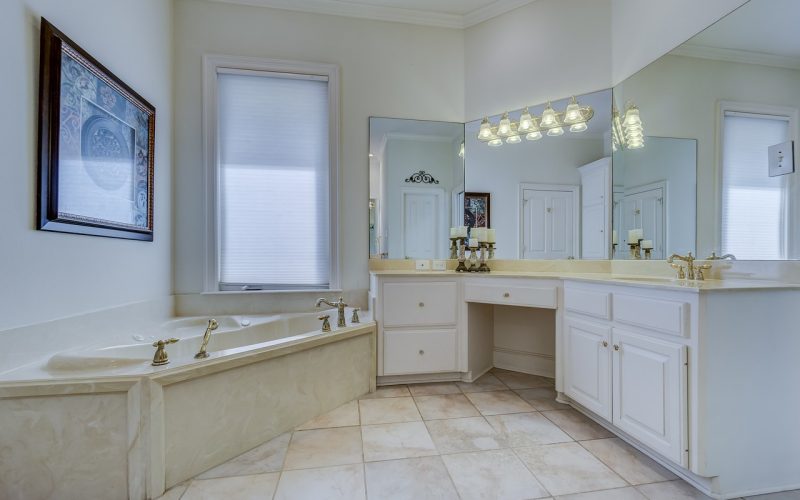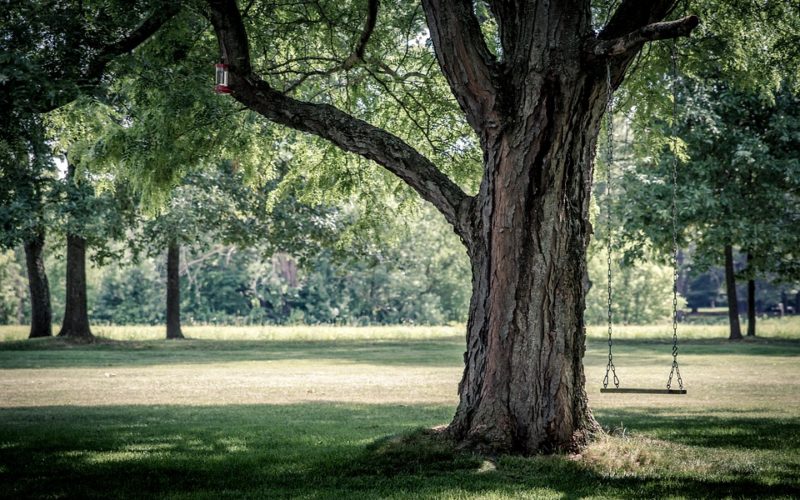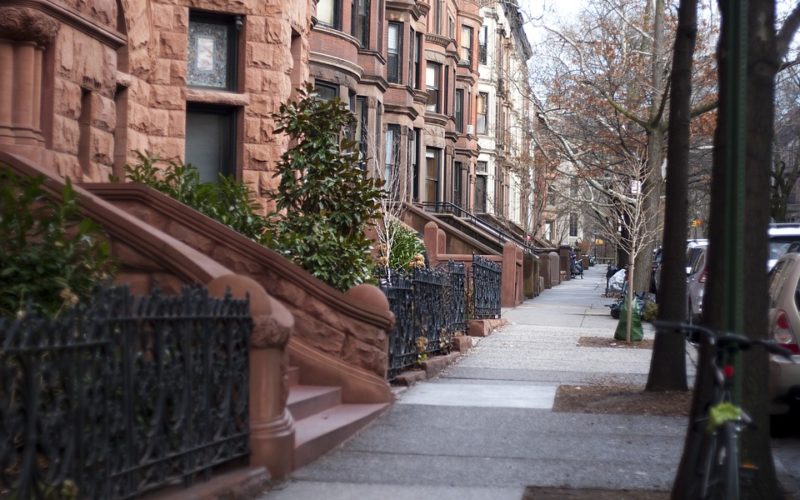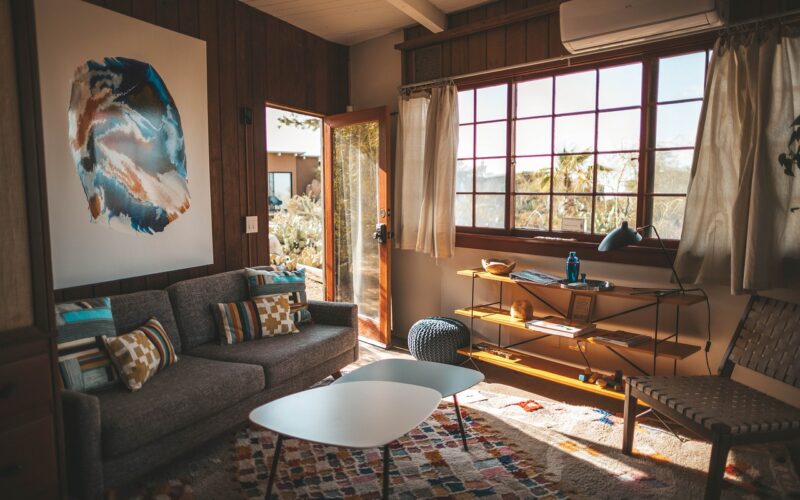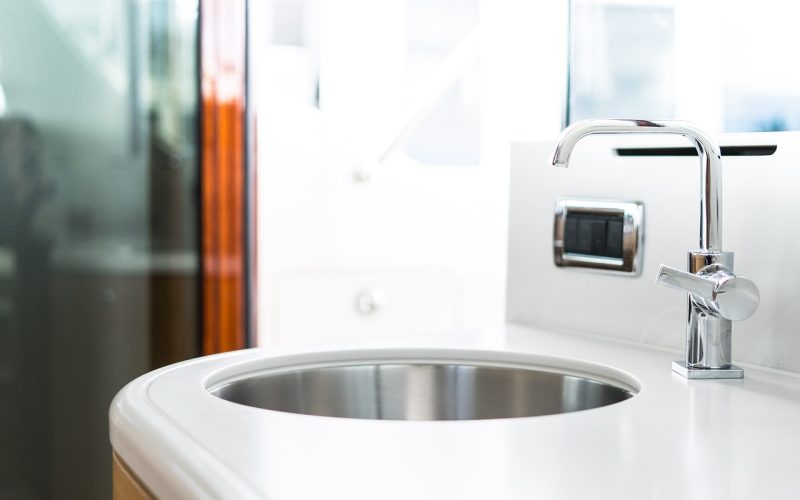Finding the perfect property is an exciting milestone, but that joy comes with the responsibility of protecting your new asset. The process involves more than just liking the layout or location; it requires a sharp eye for security from the very start. By blending your property search with a proactive security mindset, you can ensure your home or business remains a safe haven. This guide offers practical steps for choosing the right place and implementing effective measures to keep it secure from potential threats.
How to research your new neighbourhood
Before you commit to a property, investigate the surrounding area thoroughly. Start by looking at local crime statistics, which are often available through police websites or local council resources. Pay attention to the types of crimes reported, such as burglaries or vandalism. Beyond stats, visit the neighbourhood at different times of the day and night to observe the general atmosphere. Consider its accessibility – are there multiple entry and exit points, or is it a more secluded area? Also, research any planned future developments. A new commercial park or transport link could change the area's character and security profile, for better or worse.
Inspecting a property with security in mind
During a viewing, assess the property's existing security features. Look for sturdy doors with high-quality locks, like deadbolts. Check the windows to ensure they lock securely and are not obscured by overgrown landscaping that could offer cover to intruders. Good exterior lighting is crucial, so take note of motion-sensor lights or well-lit pathways. Consider the property's sightlines from the street; a clear view can deter thieves, while high fences or hedges might offer them privacy. Evaluating these built-in features helps you understand what security upgrades might be needed from day one.
Creating a layered security strategy
Effective security relies on multiple layers of defence. An alarm system is a strong deterrent, immediately alerting you and often the authorities to a breach. Smart locks add convenience and control, allowing you to grant temporary access remotely and track who enters and exits. Strategic lighting, especially motion-activated floodlights, can startle intruders and make them visible. For comprehensive monitoring, a closed circuit TV (CCTV) system provides invaluable visual evidence and peace of mind. Combining these elements creates a robust network that makes your property a much harder target for criminals.
Choosing the right CCTV system for your needs
When it comes to surveillance, the needs of a home and a business differ significantly. Domestic CCTV systems are typically designed for smaller areas, focusing on entry points like doors and windows. They are often simpler to install and manage, with user-friendly apps for remote viewing. In contrast, commercial CCTV is built for larger, more complex environments. These systems may include dozens of cameras, advanced analytics like facial recognition, and professional monitoring services. A business might need durable, weatherproof cameras for car parks and warehouses, a level of specification not always necessary for a residential property.
Staying proactive after you move in
Once you've moved in, your security efforts should continue. Create a detailed inventory of your valuable assets, including photos and serial numbers, as this is essential for insurance claims. Review your home or business insurance policy to ensure it provides adequate coverage for theft. Establish secure daily routines, such as always locking doors and windows, even when you're only gone for a short time. Finally, get to know your neighbours and consider joining or starting a neighbourhood watch scheme. A connected community where people look out for one another is one of the most effective and oldest forms of security.


